Europeans see the UK as an outstanding centre of counter-terrorism — but one that is wholly incapable of counter-extremism. Britain has a world-class security and counter-terrorism apparatus. MI5, MI6, the police, military and GCHQ together have unrivalled capabilities when it comes to disrupting domestic and international terror plots (at least 25 in the last three years alone). The country is seen as a cornerstone of shared European security, working harmoniously with allies to combat the evolving terror threat, share new tactics, intelligence and technologies. Yet until the United Kingdom is able to take decisive action against extremist ideology, Britain’s streets will once again see bloodshed.
Counter-terrorism alone cannot stop every threat. In the UK, up to 3,000 volatile terrorist suspects are actively monitored at any one time. There are 40,000 extremist sympathisers on MI5’s watch list. To follow an individual on a 24/7 basis requires 10 to 12 officers, so to monitor 3,000 of the most dangerous individuals requires huge amounts of resources. It’s perhaps why Manchester bomber Salman Abedi was not proactively surveilled, despite MI5 receiving intelligence months prior to the bombing. Difficult decisions have to be made about who to follow, while many volatile people dip in and out of extremist ideology.
Countering terrorism is like placing a bucket below a leaking roof when we only have so many buckets. You need to fix the roof and that means getting up into the rafters to fix the broken structure. But the UK has no strategy. Its current counter-extremism strategy was adopted five years ago; it’s now obsolete in the face of an evolved enemy.
Worse still, there is a dearth of leadership across the UK. This has led to a lack of clarity and consensus on the use of language. Take, for instance, what happened earlier this month, when the Manchester arena bombing inquiry heard claims that Abedi had been seen ‘praying’ near the arena just 50 minutes before he carried out his attack. When this was reported, some were unhappy with what they saw as the dangerous idea that Abedi’s act of praying was an indicator of what he was about to do.
Or how about reports that police could review the use of the term ‘Islamist terrorism’ when describing terror attacks carried out by those who claim to be motivated by Islam? What’s the alternative? Describing such acts as ‘terrorists abusing religious motivations’. This would be a major win for Islamists, and show the treacherous path that we have seen the UK veer towards.
Islamism is, after all, a political ideology — it is the engine room that powers the greatest terror threat facing the west. It is the mantra that guides Isis, Hamas, Al-Qaeda and the Muslim Brotherhood. Its aim is to achieve an Islamic state, either through armed struggle or political action. If you choose not to see this ideology, you are unable to recognise its threat.
And it’s easy to understand why the UK has become so blind. Islamists like the Muslim Brotherhood have worked hard to insert themselves into UK politics, particularly in the progressive left, co-opting the Palestinian cause for their own ends.
Britain should learn from the Netherlands — my home country — and France and Germany where we have mobilised formidable Muslim leaders to debate and challenge Islamism in public. In the UK, the debate is undermined. The UK desperately needs new, powerful counter voices.
In the Netherlands, a parliamentary commission is looking at developing a transparency law that would make it mandatory to declare where the money for religious institutions is coming from. The Dutch government may even ban foreign funding of religious institutions altogether.
While extremists exploit gaps in UK law to push their agendas, we in Europe take a more pragmatic approach. In France, the government has adopted an ‘Al Capone strategy’ — targeting members for low-level offences to dismantle Islamist groups from the bottom up. These are brave choices but behaviour that undermines the authority of nation states must be challenged.
We are only as strong as our weakest link. For the sake of our shared European security, the UK must take brave and decisive action to confront violent extremism in all its forms.
Got something to add? Join the discussion and comment below.
Get 10 issues for just $10
Subscribe to The Spectator Australia today for the next 10 magazine issues, plus full online access, for just $10.
Ron Sandee is a former senior counter-terrorism official at the Dutch Military Intelligence Service (MIVD) and global terrorism expert

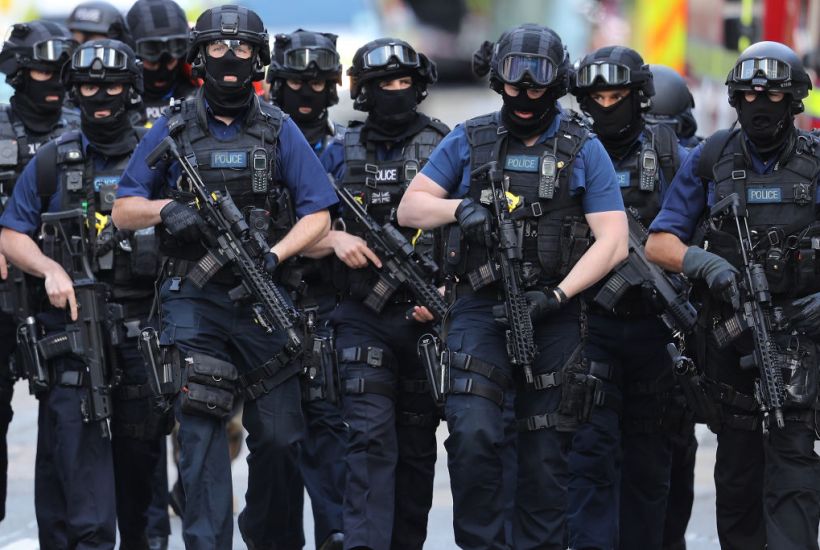
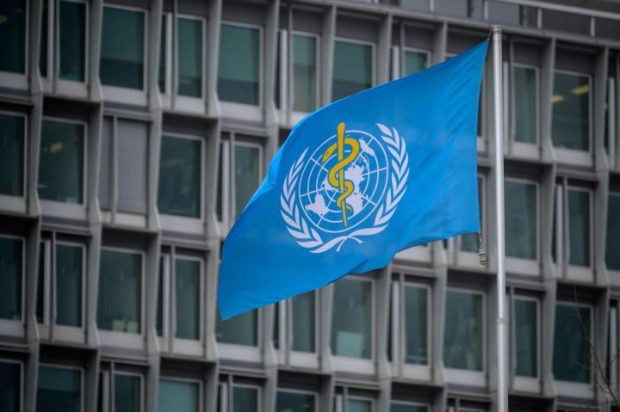
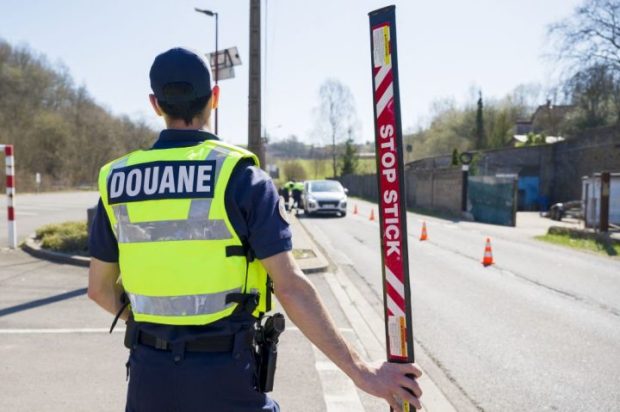
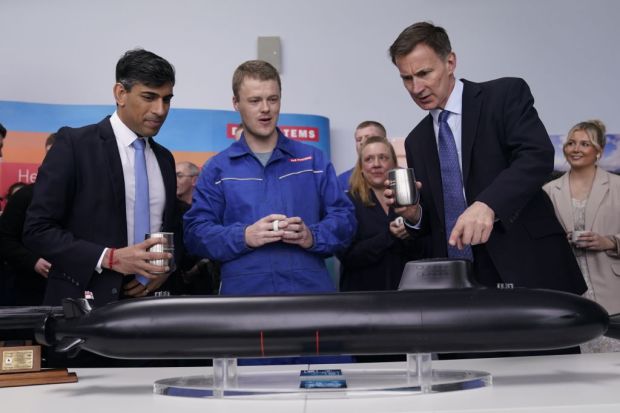
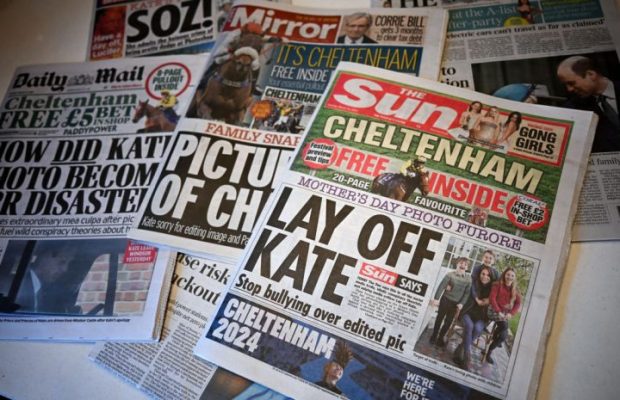
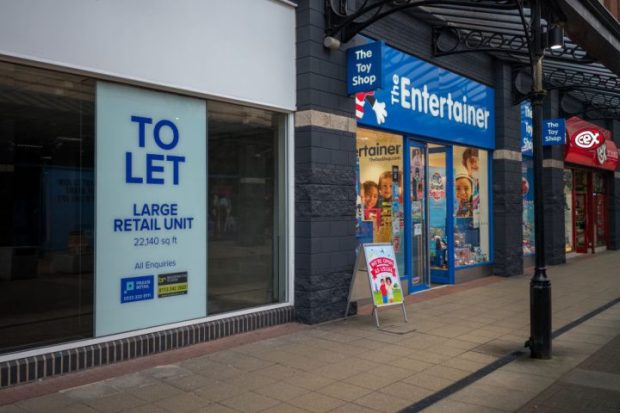












Comments
Don't miss out
Join the conversation with other Spectator Australia readers. Subscribe to leave a comment.
SUBSCRIBEAlready a subscriber? Log in